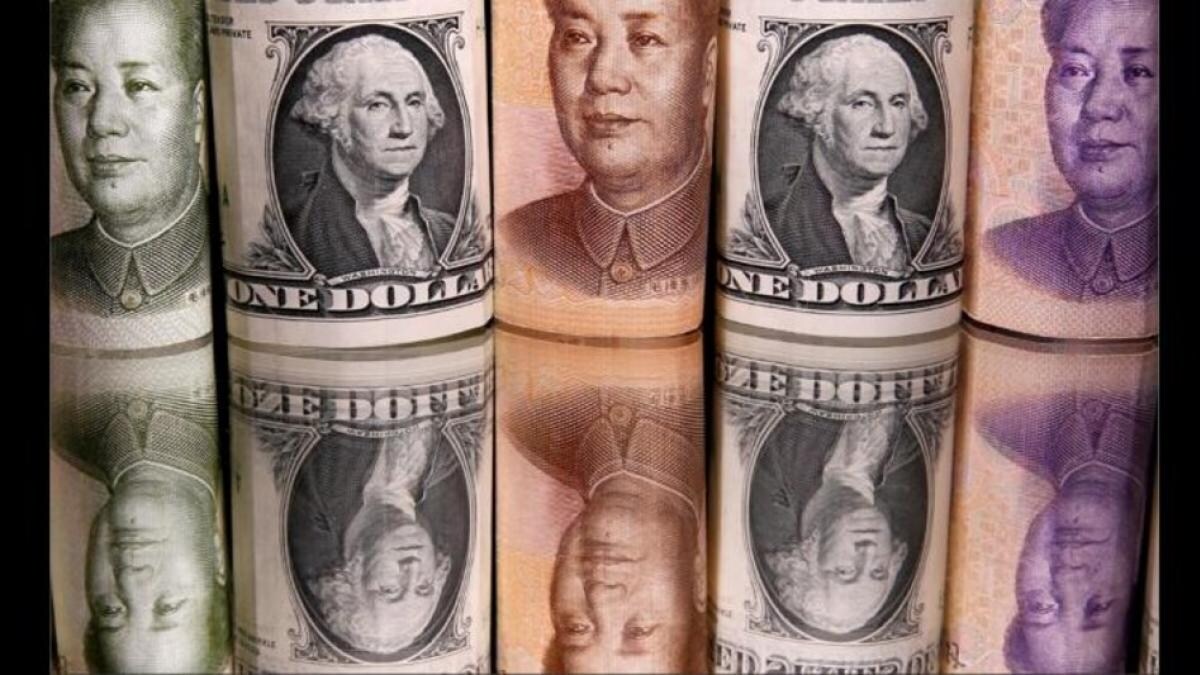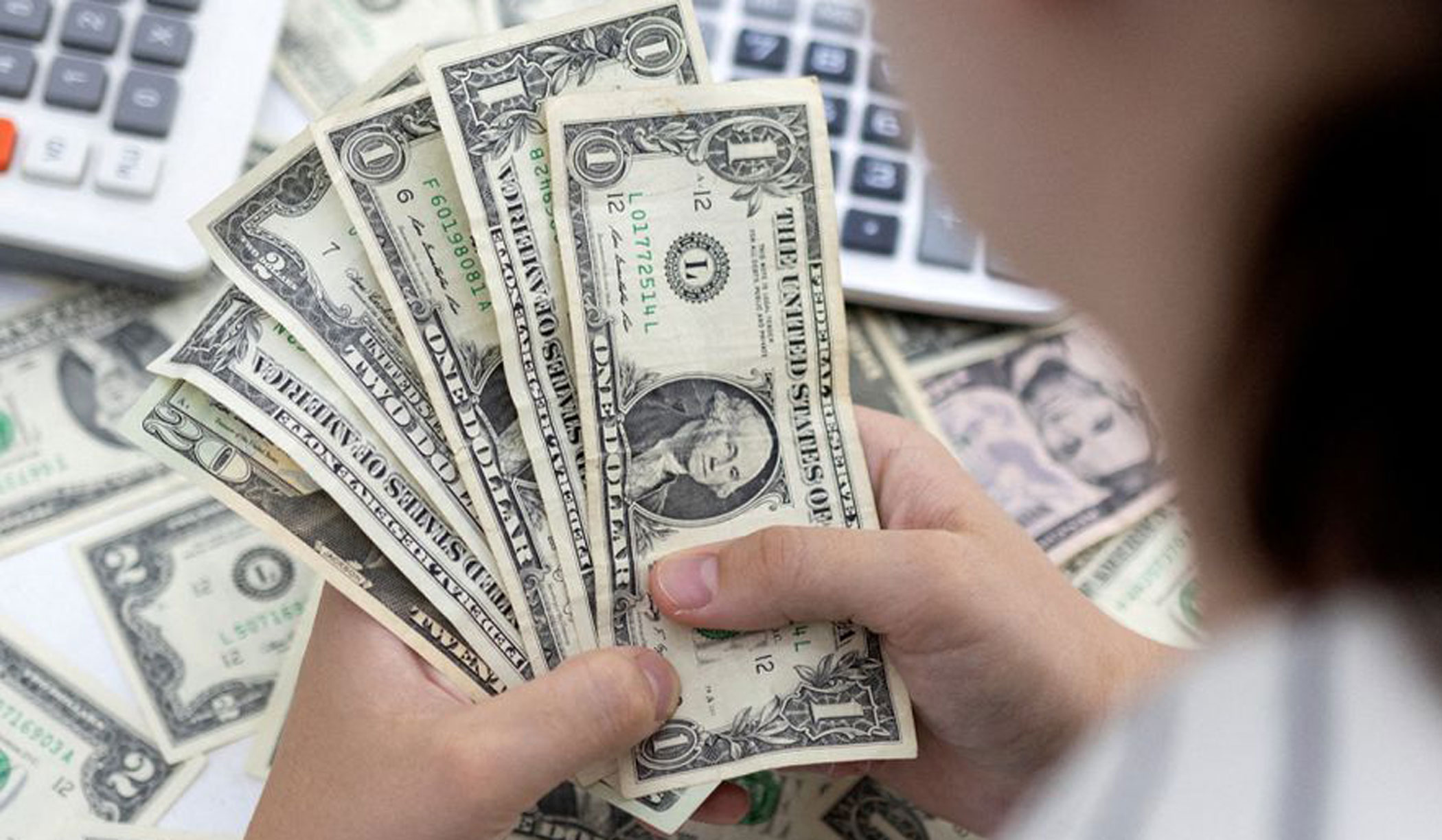World Financial System: Is disintegration imminent?

Much like 1944, the raging Russia-Ukraine War has put humanity in deep trouble. A massive decline threatens the whole European economy. Around 80 million people around the world are fast sinking below the poverty line. Many governments are facing collapse, as the cases of Sri Lanka and Pakistan show. The Ukraine war has almost ensured the rise of China as a global power and competitor of the US.
The gold standard of the exchange rate came into force in 1876 and was suspended in 1914 when European countries started the First World War. The world saw a period of uncertainty owing to the exchange rate mechanism, along with the disruption of all usual ways of functioning during this time.
So, in 1944, when it became apparent that the Axis forces were losing the war, representatives of 44 countries assembled in Bretton Woods in New Hampshire to hammer out a new financial system for the world. Even though the USSR was an ally, it chose not to participate in the Bretton Woods agreement.
Two international financial bodies, the World Bank (WB) and the International Monetary Fund (IMF), were created in the Bretton Woods. The dollar became the de facto reserve currency for the world by replacing gold (as the dollar itself was linked to gold). In a sense, Bretton Woods created a golden moment for the US in many ways. It put a firm hold on the European economy through the World Bank and world trade through the IMF. The dollar has furthered its overall command of the world order as a global "fiat."
It deserves mentioning that though the world accepted a floating exchange rate in 1973, the US dollar remained the world's de facto reserve currency. According to Yahoo Finance, the greenback accounted for about two-thirds of total global reserves in 2003, 55 percent by 2021, and 47 percent last year. The rest are gold and Euro. The gold's recent surge in demand is justified because investors, including Central Banks, are interested in investing in inflation-proof metals such as gold. Following various sources, although miniscule, the Chinese renminbi's share may rise from two to seven percent in the next three to four years. Though the greenback's share has been declining, it is believed that the United States can pay its debts and keep the dollar as the most redeemable currency for world trade.
Does the dollar – the global reserve currency – offer the United States an unfair advantage? Historically, the world benefited from a solid and stable dollar, and the United States prospered from the favourable exchange rate on its currency. Interestingly, at a later stage, the foreign governments could not fully realise that although gold reserves backed their currency reserves, the United States could continue to print dollars backed by its debt held as US Treasuries. The gold backing behind the dollars diminished as the United States printed more money to finance its spending. Foreign countries' currency reserves decreased because the number of dollars in circulation grew faster than gold reserves.
For a long time, the US has remained a budget and trade deficit country. Its budget deficit reflects that the government's expenditure exceeds its income. But the US has to finance its spending through external borrowing because the country needs to save more. Instead, its domestic savings must be more sufficient to finance these deficits. The Federal Reserve Bank's excessive reliance on foreign central banks, especially those in Asian countries, to purchase US Treasury securities has made America extremely vulnerable to sudden changes in expectations and economic sentiments. These external borrowings to finance the deficits could have made any currency in the world highly volatile and prone to depreciation. For the US dollar that is just not happening. Moreover, for a trade deficit country, a higher value of the domestic currency ensures buying more foreign goods at a lower cost. The US derived this benefit in 1975 when it last had a trade surplus.
Some numbers could be interesting to see here. The US' current-account deficit, which reflects the combined balances of trade in goods and services and income flows between US residents and other countries, widened by $97.4 billion, or 11.5 percent, to $943.8 billion in 2022. The widening primarily reflected expanded deficits on goods and secondary income that were partly offset by an expanded surplus on primary income. The 2022 deficit was 3.7 percent of the current-dollar gross domestic product, up from 3.6 percent in 2021. On the cumulative deficit front, the federal government ran a deficit of $723 billion in February 2023. The deficit in February 2023 was $262 billion, a $45 billion change from the obligation of $217 recorded in February 2022. Japan held $1.08 trillion in treasury securities as of November 2022, beating out China as the largest holder of US debt. The low and negative yield market in Japan makes holding US debt attractive. Japan has 14.87 percent of foreign-owned US debt. On the other hand, China takes the second spot behind Japan among foreign holders of US debt, with $870 billion in treasury holdings as of November 2022. The country currently holds almost 11.96 percent of US foreign debt.
Look at the current Fed's spree of increases in interest rates. Following the Obama administration's bailout package after the financial crisis of 2007-08, the present Biden administration announced a $1.8 trillion stimulus package for US households in 2021 without considering the inflationary effect. This was on the wall as Covid-19 still disrupts the global supply chain. The severest sanctions on Russia after its invasion of Ukraine have added fuel to the inflationary fire in the world. As a response, the Fed has aggressively increased its interest rates. This increase is making US assets attractive due to higher yield-seeking investors. This ensures a worldwide domino effect on most currencies as they lose their exchange values. It seems that the US is under recession through contractionary monetary policy. This has reduced aggregate demand in the US and the world as well. And has exacerbated problems around the world such as unemployment and poverty. The US interest measures may reduce its domestic inflationary pressure but against the backdrop of Covid-19 and economic sanctions on Russia they are bound to increase inflation and affect small and big economies all over.
The financial system under the US and European leadership has revealed utter disregard for other countries' well-being. Ironically, in the name of economic and financial globalisation, the US-led world order encouraged other countries to join and integrate their economic and financial systems with the rest of the "capitalist" world. We then find the system's first use as a weapon in 2012 when the central bank of Iran was barred from the international SWIFT system. The war in Ukraine has opened a floodgate of economic and financial sanctions on Russia. Its central bank, and commercial banks have faced a blanket SWIFT ban. Other countries face threats of secondary sanctions if they trade with Russia, one of the world's biggest commodity and food suppliers. This has created a panic, particularly among the developing countries, about future punitive actions of the US and its Western allies on various grounds to punish them.
This impious design of the collective West has forced many investors to invest in commodities such as gold and crude. In addition, the world's largest countries with more significant economies are moving away from payments in US dollars and increasingly using local currencies for trade. They may dump dollar bonds too. Countries like China, India, Russia, Brazil, South Africa, Saudi Arabia, UAE, etc., are increasingly reluctant to accept such hegemony in economic affairs. In this division, most emerging countries support at least a new financial order, which will result in innovation.
The above challenges call for a substantial international and financial framework rethink. Without this, the Bretton Woods institutions and the global economic system will continue to disintegrate, which may lead to a collapse of the system.
Arindam Banik is ACC Chair Professor in Economics at the International management Institute, New Delhi, India. Dr Banik has contributed numerous articles to journals, edited volumes and is co-author of 'Foreign Direct Investment in India'. He is currently engaged in research on trade and investment in South Asia.
Munim Kumar Barai is a Professor of Finance at the Graduate School of Management, Ritsumeikan Asia Pacific University (APU), Japan. He is also the Associate Dean of APU's International Cooperation and Research Division.




 For all latest news, follow The Daily Star's Google News channel.
For all latest news, follow The Daily Star's Google News channel. 




Comments